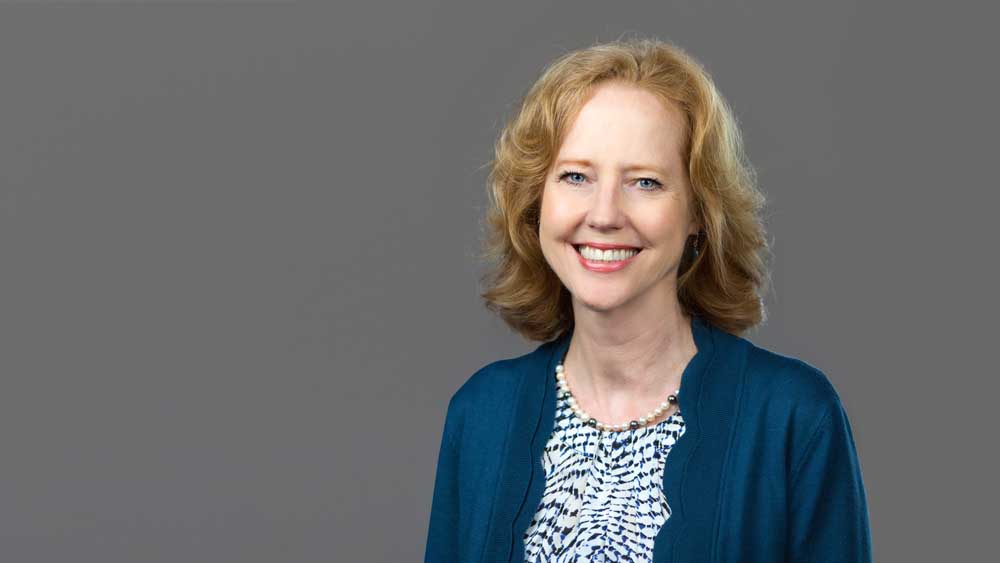Looking ahead to unexpected family events
Published 5:10 am Sunday, December 29, 2024

- Dawn Franks
The time-honored tradition of discussing our hopes and plans for the next year is upon us. Did you know that New Year’s resolutions date back 4,000 years and have religious roots? It’s an ancient tradition that started with the Babylonians and later the Romans. They believed that not fulfilling their promises, which we call resolutions, had consequences.
Today, we take a light-hearted approach to resolutions. Eat less, exercise more, spend quality time with the kids, read a good book, or binge less TV. The list is endless and deeply personal, yet we make light of those promises to ourselves and others when some asked if we’ve made any resolutions for the year.
Here’s a serious challenge for 2025. Nothing lighthearted, here – but I’m serious. Resolve to prepare the next generation for an unexpected family loss.
Preparation looks different for every family, but regardless, losing a parent or grandparent can create a deep hole unprepared family members have trouble climbing out of.
Several years ago, I answered my cell phone expecting to hear one voice, only to hear another telling me that Dale had experienced a stroke.
Dale lined up for his swing on the second hole at the golf course with best friend, Joe. The last words Joe heard were, “I know what this is.” Then Dale crumpled. Joe got him up and into the golf cart, but by the time they made it back to the clubhouse, Dale was unconscious.
Doctors said it was severe and suggested the kids arrive soon. By Saturday afternoon, Dale’s four adult children had flown in to see him. On Sunday, Dale slipped away.
A planned family foundation meeting was only two weeks away. As the foundation’s administrator, I waited for the family to signal how to proceed.
Still in shock over the unexpected loss of their father, part of the family decided to go ahead with the meeting. So, we met on the planned date to complete the year’s work.
What’s important for us is the backstory. For two years, Dale prepared for this moment. We had many conversations about how to prepare the next generation to step in and continue the work of grant-making for organizations all over the country.
The reality I faced was no matter how prepared I thought we were; we still weren’t ready. Dale and Edna, both in their eighties, were still traveling out of the country every year and making trips to see family. They had medical issues one would expect for their age. But we believed we had more time.
The truth is a reminder – the clock is always ticking, and none of us know how much time is left.
As you plan for next year, take stock of your affairs and how they will impact your children. No matter how much we plan, we can’t ensure their preparation.
Children face two more issues at the loss of a parent. First, they seldom understand how the loss impacts their siblings. You can look at your children and predict how each will handle your passing, but siblings will not have your perspective.
The second issue is about what to do next. You can leave a will or a list of next steps, but they won’t understand what it means until they face the decisions ahead.
Such loss is like a giant meteor crashing in the backyard for some families. The meteor can break into small bits and pieces through planning and preparation, making the next steps easier, the hole not so deep.
Financial advisors, CPAs, and attorneys may have guided the estate and legacy planning. But the next generation must know and understand your decisions sooner than later.
Remember, you don’t know the date and time of later.
Many distractions get in the way of the preparation work you need to do. Fear of what you can’t control, too many options and opinions, the reaction of family or others, trying to fix past mistakes – each creates decision points you’d rather put off.
Make time next year to include the next generation in your plans, sign unfinished documents, or start this incredibly important work. While it’s important to give well today, preparing the next generation to do the same is even more important.






